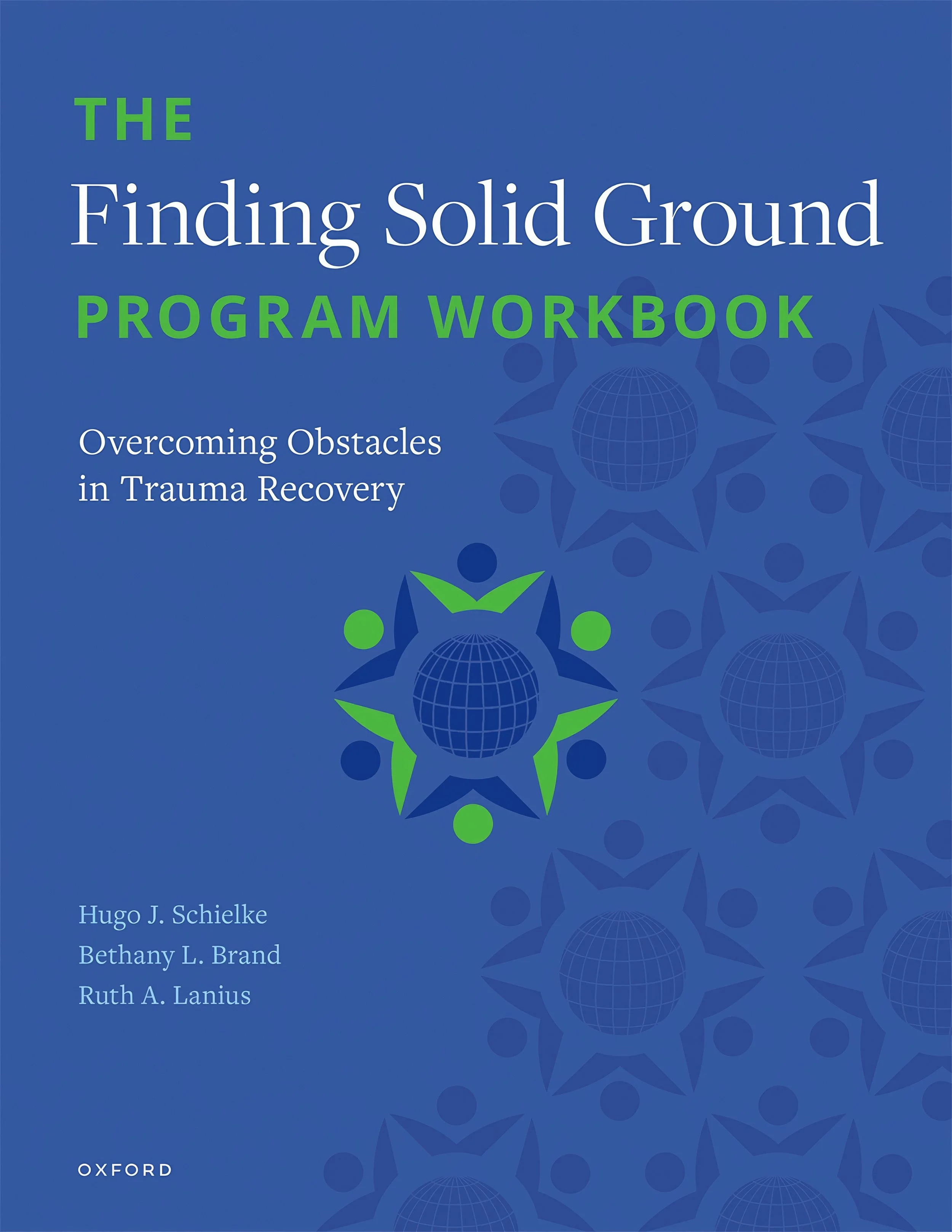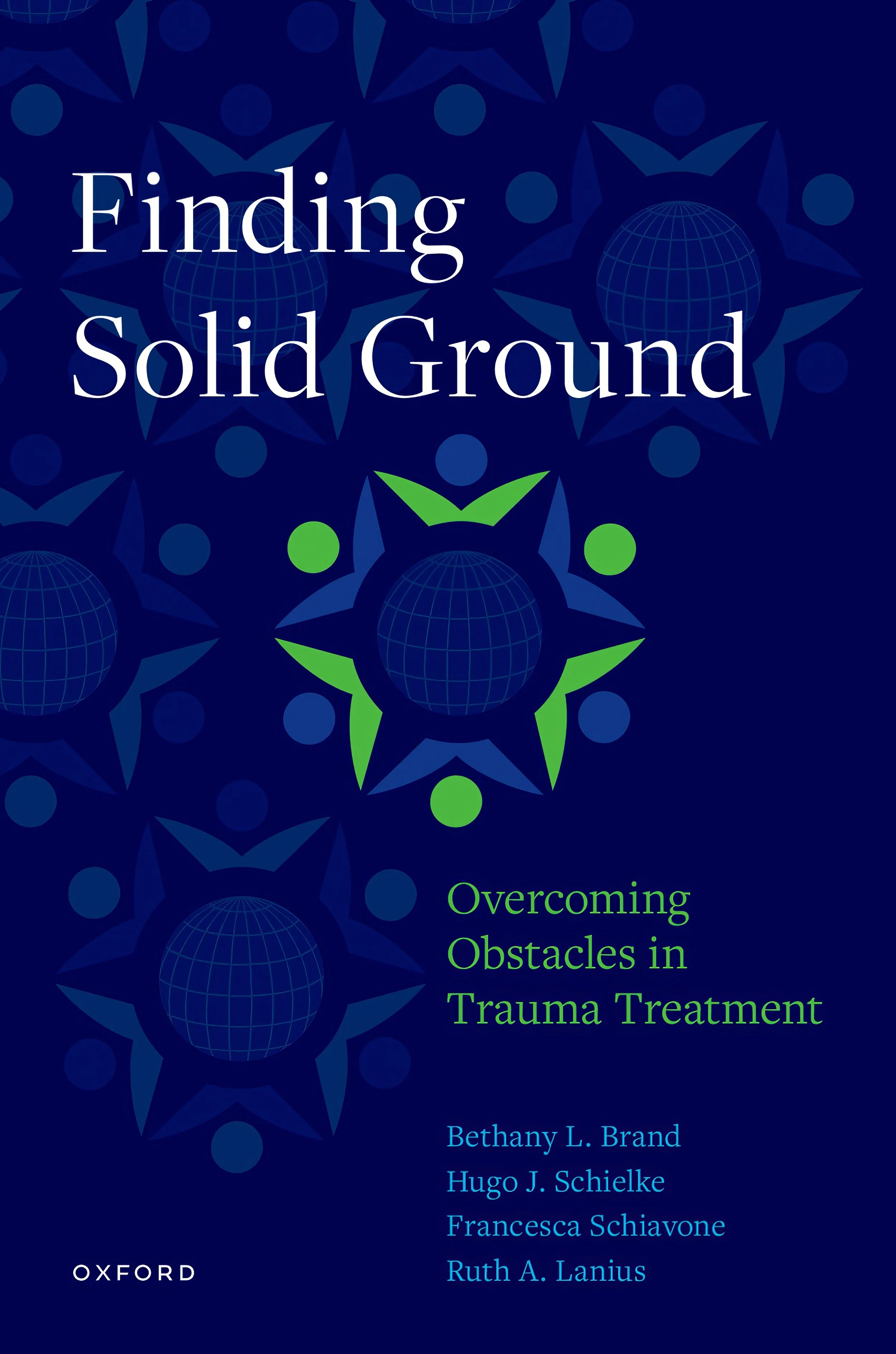
In traumatic moments, dissociation can help you survive.
Later, it can get in the way of your daily life.
Explore the Finding Solid Ground books.
-

Finding Solid Ground Program Workbook: Overcoming Obstacles in Trauma Recovery
Finding Solid Ground was developed based on an understanding of the neurobiological impact of trauma. The program helps survivors understand that their symptoms are normal brain adaptations to trauma, and teaches skills that help heal the impact of trauma on the person’s brain and body.
The workbook provides a step-by-step approach to this important work at an individualized pace, and offers specific exercises to practice daily that will help people who have experienced trauma learn how to manage and reduce their symptoms, get and feel safer, and develop a grounded, worthy sense of self. This book includes the Information Sheets and Exercises that are the foundation for the Finding Solid Ground program.
-

Finding Solid Ground: Overcoming Obstacles in Trauma Treatment
The companion book for therapists provides the theoretical, clinical, and research rationale for the program; offers guidance on how to use the program in individual and group contexts; provides clinical vignettes that focus on how to overcome common treatment challenges; and provides expert recommendations for assessing dissociation.
Understanding and targeting the neurobiological impacts of trauma was one of the foundations upon which FSG was developed. A chapter about the neurobiological impact of trauma is included to provide clinicians with the scientific bases to help clients stop blaming themselves for trauma related symptoms.
